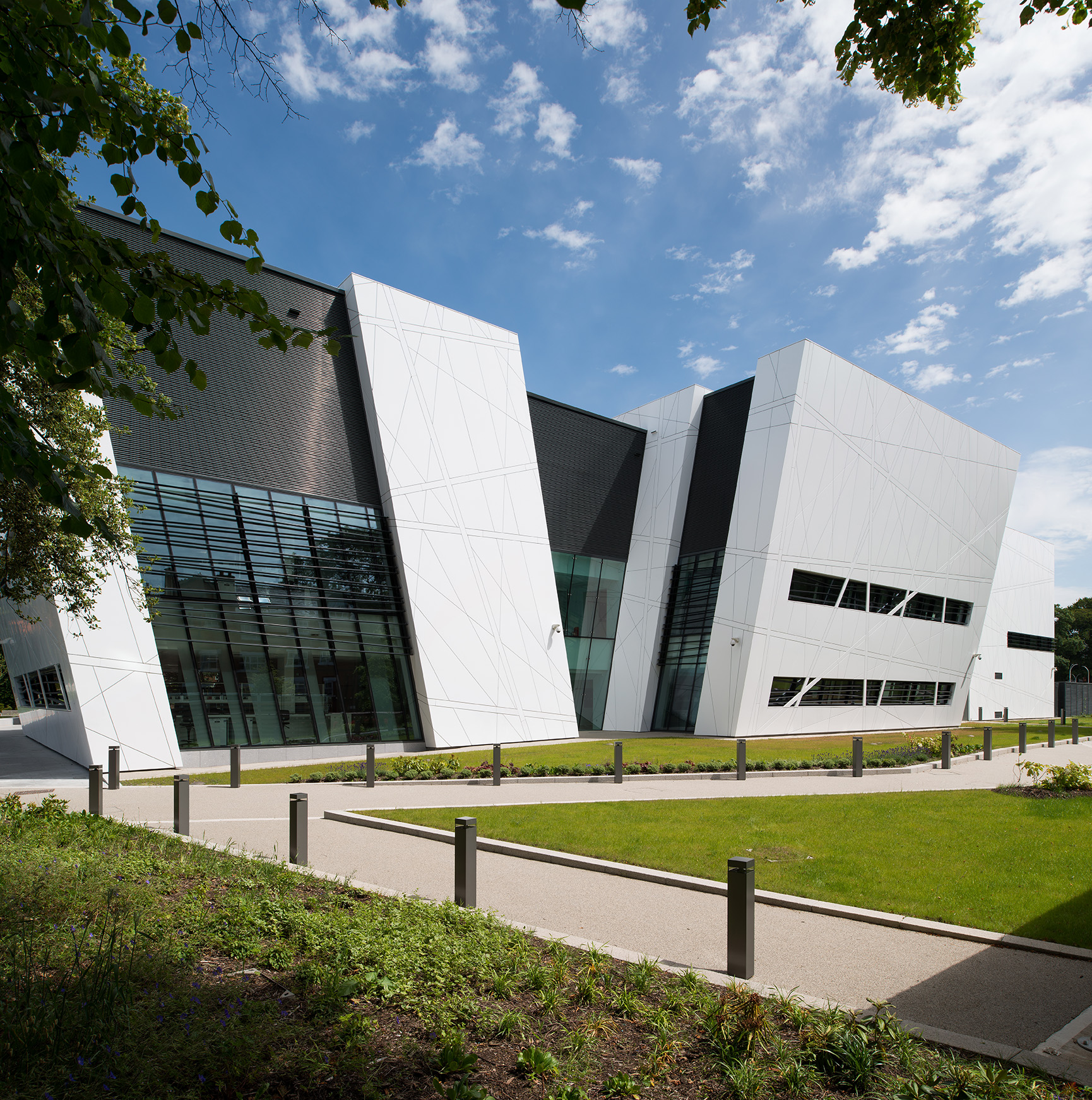Closing date: 15/11/2024
Clinical Research Training Fellowship Project: Microenvironment sensing and mechano-regulation of gene expression in non-small cell lung cancer
Lead Supervisors: Dr Adam Byron
Co-Supervisors: Dr Sean Knight, Prof. Sarah Cartmell, Prof. Phil Crosbie
Applications Deadline: Friday 15th November 2024
Interviews: Friday 17th January 2025
Clinical Research Training Fellowship start date: September 2025
Project Keywords: Lung cancer, Tumour microenvironment, Gene expression
Research Opportunity: Clinical Research Training Fellowship leading to the award of PhD
Project Outline
Increasing early diagnosis is one of the biggest steps towards improving health outcomes and reducing both the economic and patient impacts of cancer. To achieve this, a deeper understanding of the underlying biological processes of tumour progression is vital. Gene dysregulation is a hallmark of cancer, and gene control programmes are altered in tumour cells, which promotes cancer development. Structural proteins and non-cancer cells within the lung tumour microenvironment play a critical role in supporting the initiation and pathogenesis of lung cancer, but the precise gene control mechanisms that operate in normal and neoplastic cells are poorly understood.
We have discovered that a subset of cell adhesion proteins – usually found near the cell surface – can localise to the nucleus to control cancer gene expression. We were excited to find that one of these proteins can mediate signalling directly into the nucleus to regulate the expression of extracellular matrix and immune genes. We have evidence that this signalling mechanism is regulated by force, suggesting that it may be responsive to the mechanical properties of the tumour microenvironment, which are known to change during lung cancer progression.
This pioneering project will use advanced cell culture models and biomaterials and state-of-the-art genomic and proteomic technologies to understand how lung cancer cells respond to changes in their microenvironment and how this influences their crosstalk with nearby immune cells. Lung-resident cells from people without cancer will be used here to test how cancer cells influence the microenvironment in the earliest stages of lung cancer, with the aim of developing new ways to detect lung cancer earlier.
Our friendly team integrates clinical, biology and engineering expertise and brings together strengths in cancer cell adhesion, extracellular matrix, lung immunology, advanced materials and early detection of lung cancer to support an innovative multidisciplinary training programme.
Applications for this project are now open. Please complete your application on The University of Manchester website.
About Dr Adam Byron (project Lead Supervisor)
Adam Byron is a Lecturer in the School of Biological Sciences and a member of the Manchester Cell-Matrix Centre. Adam’s research aims to understand how cellular interactions with, and mechano responses to, the tumour microenvironment elicit signals at the nucleus that control fundamental aspects of cancer cell behaviour, including regulation of gene expression. His lab uses systems-level approaches, integrating state-of-the-art proteomics, sequencing, bioinformatics, functional cell biology, super-resolution imaging and cancer models, to discover new properties of cancer cell adhesion networks. Understanding how these networks operate in cancer will aid the identification of targetable subnetworks that could be therapeutically exploited.

Key information
Before submitting an application, please ensure you have read the information below about the funding arrangements and eligibility for the Leeds-Manchester Clinical Research Training Fellowships.
We also encourage you to get in contact with the lead supervisor to discuss the project and any particulars.
Further information is available on the Clinical Research Training Fellowships webpage.
The clinical fellowships are usually tenable for three years, although in certain circumstances they may be four years duration.
The Fellowship covers:
- running expenses,
- an appropriate salary in line with the applicant’s current salary and grade
- full coverage of University PhD fees at the UK/home fee rate.
International Candidates
The University of Manchester aims to support the most outstanding applicants from outside the UK.
We are able to offer a limited number of bursaries to high-performing EU and international candidates, covering PhD fees only. Bursaries do not include financial support for visa/health surcharges.
We assess each EU and international candidate’s suitability for a bursary at the application and interview stages.
You must be a post-registration clinician, and ideally have a specialist post in a related subject, to apply for our Clinical Research Training Fellowships.
You should also hold, or be about to obtain, a minimum upper second class (or equivalent) undergraduate degree in a relevant subject. A related master’s degree would be an advantage.
It is generally expected that CRTFs will return to a training programme in the UK upon completion of their research degree.
International applicants (including EU nationals) must ensure they meet the academic eligibility criteria (including English Language) before contacting potential supervisors to express an interest in their project. Eligibility information can be found on the University’s Country Specific information page.
Key dates
- Applications open: 11th October 2024
- Application deadline: 15th November 2024
- Interviews: 17th January 2025
- Start date: September 2025
Useful Links
Submit your application
Interested in applying for this opportunity? Go to The University of Manchester website to submit your application.
Clinical Research Training Fellowships
Discover our various opportunities for clinicians looking to undertake a period of PhD training in a cancer-relevant field.
Get in Touch
Contact Dr Georgina Binnie-Wright, Postgraduate Programme Manager.
Researcher Stories
Read first-hand experiences of from cancer scientists from across Manchester.
Why Manchester?
Find out why postgraduate students choose to study in Manchester.
A Day in the Life of a Clinical PhD Student
Watch our short video to see what it's like to be a Clinical Research Training Fellow in Manchester.





